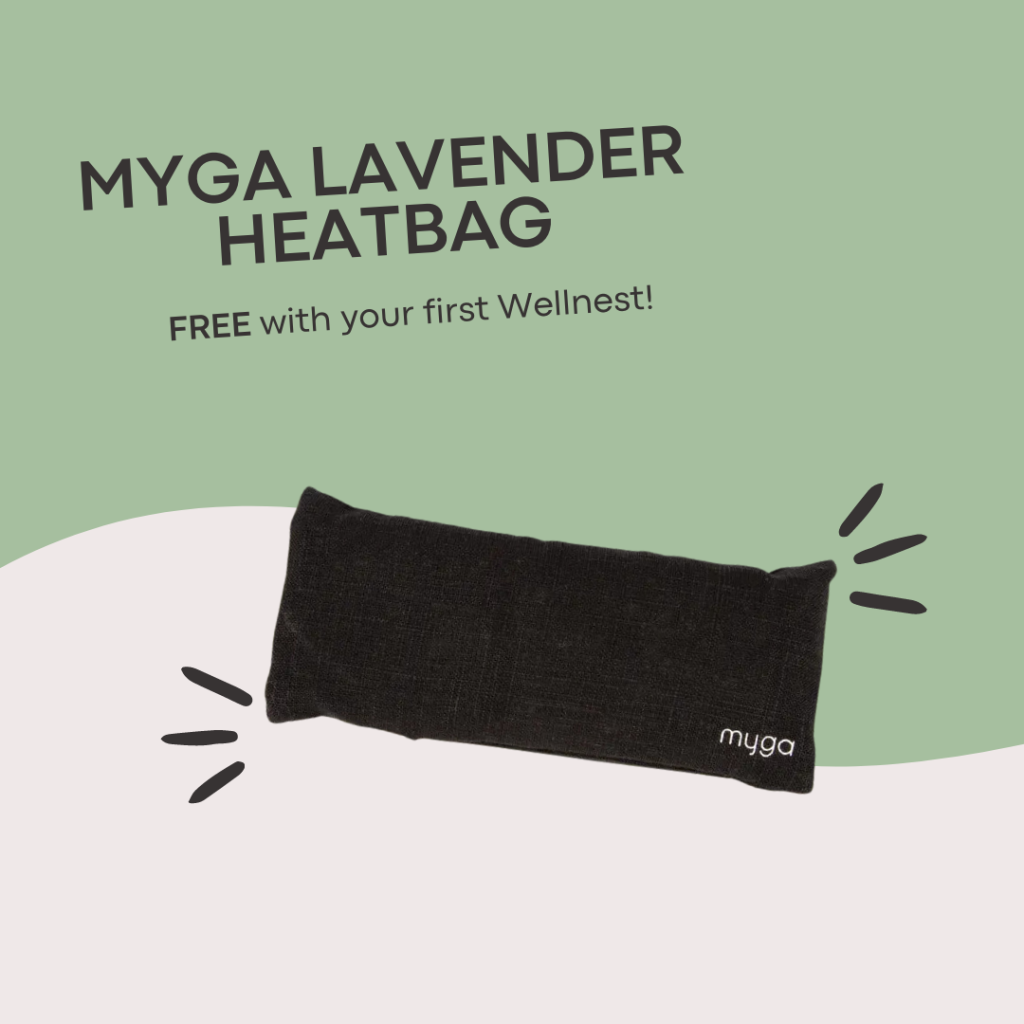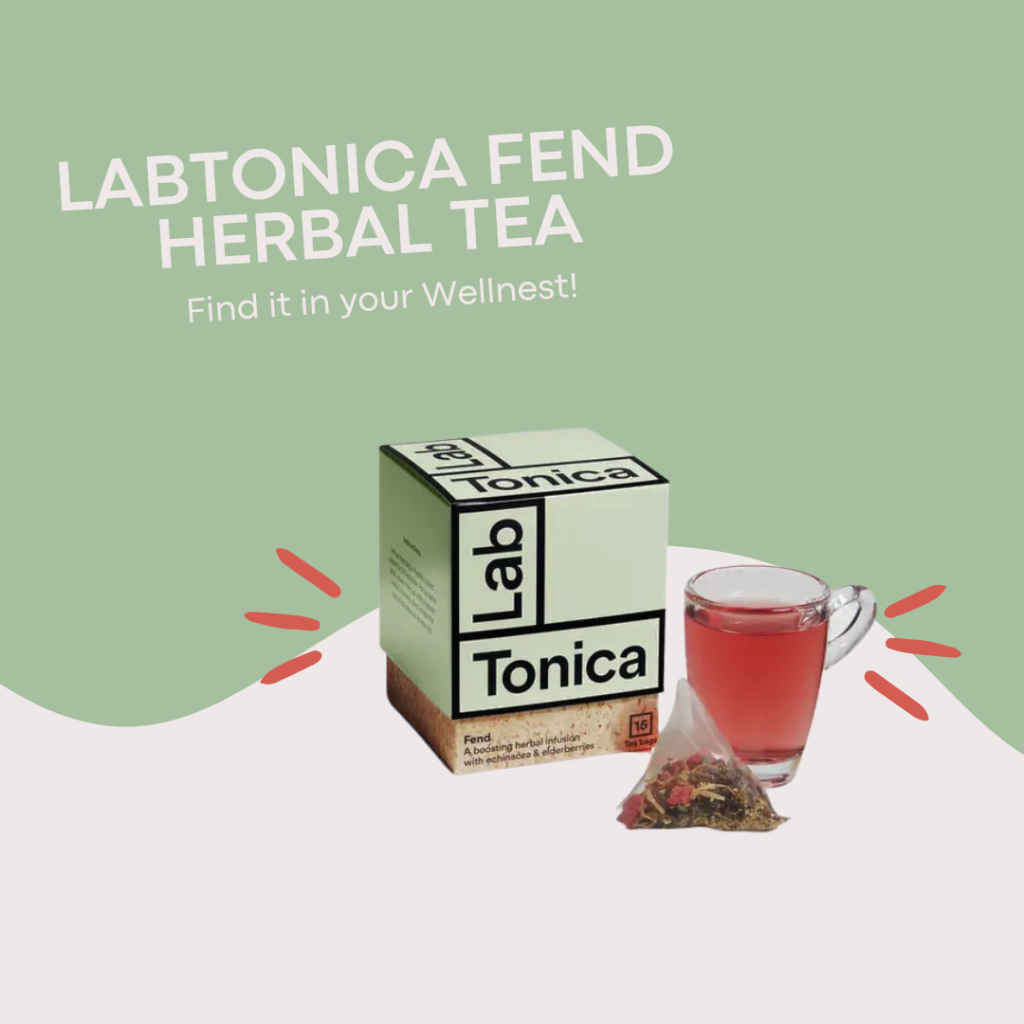Hey there, warrior! We know that dealing with period pain can feel like battling a tiny dragon inside your uterus every month. But fear not, because we’ve got your back! From tried-and-tested natural remedies to preventing worsening pains, here’s your go-to guide for kicking those cramps to the curb. Let’s dive in!
1. Understanding Period Pain: What’s Happening Down There?
Before we tackle relief, let’s break down what’s actually going on. Period pain, also known as dysmenorrhea, is caused by the contraction of the uterus as it sheds its lining. Prostaglandins, hormone-like substances, trigger these contractions, and high levels of these are linked to more severe menstrual cramps. Knowing this can help you better understand why certain treatments work.
2. Heat Therapy: Your New Best Friend
One of the simplest and most effective ways to relieve period pain is heat. Applying a heat bag or a hot water bottle to your lower abdomen can help relax the uterine muscles and improve blood flow, reducing cramps. Studies have shown that heat can be just as effective as over-the-counter painkillers like ibuprofen. If you’re on the go, try adhesive heat patches that stick to your clothing and provide relief for hours. But if you want to be more sustainable, opt for a microwavable heat bag!

3. Over-the-Counter Painkillers: Quick and Reliable
When heat isn’t cutting it, over-the-counter painkillers are a reliable option. Anti-inflammatory drugs such as ibuprofen work by reducing the production of prostaglandins. It’s best to start taking these medications at the first sign of cramps for maximum effectiveness. But don’t take these too often as they can become less effective the more you rely on them.
4. Natural Remedies: Gentle and Effective
If you prefer a more natural approach, there are a few remedies worth trying:
- Herbal Teas: Ginger and chamomile teas have anti-inflammatory properties that can help soothe cramps. Any teas that contain ingredients with calming properties can also help you to feel more relaxed.
- Essential Oils: Massaging your lower abdomen with essential oils or balms like lavender or peppermint can provide relief. These oils have calming and analgesic properties.
- Dietary Changes: Incorporating foods rich in omega-3 fatty acids, like salmon and flaxseeds, can help reduce inflammation and alleviate pain. Dark chocolate also not only satisfies your period cravings, but due to its high magnesium, potassium, and iron content, it relaxes the muscles and boosts your mood too!

5. Foods and Drinks to Avoid: Keeping Extra Pain at Bay
What you eat and drink will also influence the severity of your period pain. Here’s what to avoid:
- Caffeine: Found in coffee, tea, and certain fizzy drinks such as coke, caffeine can constrict blood vessels and worsen cramps. Opt for herbal teas instead.
- Salty Foods: Excessive salt can cause bloating and water retention, making you feel more uncomfortable. Aim for low-sodium snacks and meals.
- Sugary Treats: High sugar intake can lead to blood sugar spikes and crashes, potentially exacerbating mood swings, fatigue and discomfort. Choose whole fruits or dark chocolate for a sweet fix.
- Alcohol: Drinking alcohol can lead to dehydration and intensify period symptoms like headaches and fatigue. Stick to water and hydrating drinks.
- Processed Foods: These often contain unhealthy fats and additives that can trigger inflammation and worsen pain. Focus on fresh, whole foods, throughout your cycle.

6. Move Your Body: Exercising Through the Pain
It might sound counterintuitive, but exercise can actually help reduce period pain. Physical activity releases endorphins, which are natural painkillers and mood lifters. A gentle yoga session or a brisk walk in nature can make a significant difference. Aim for regular exercise throughout your cycle to help keep cramps at bay and regulate your emotions.
If you enjoyed this blog, why not read on how to beat the bloat!
If you want to stay up-to-date, or want to be part of a community where you can discuss topics from periods, sexual health, women’s safety and more in a judgement-free place, follow us on Instagram @wellnests.uk and subscribe to our newsletter!
